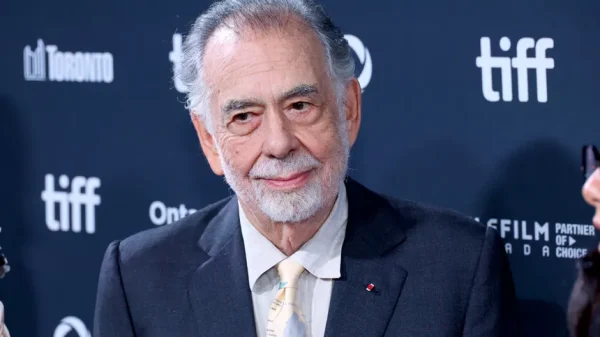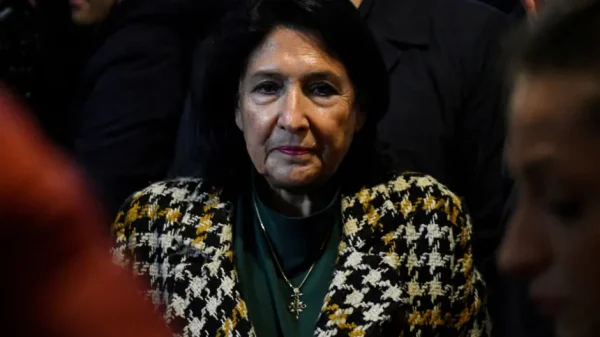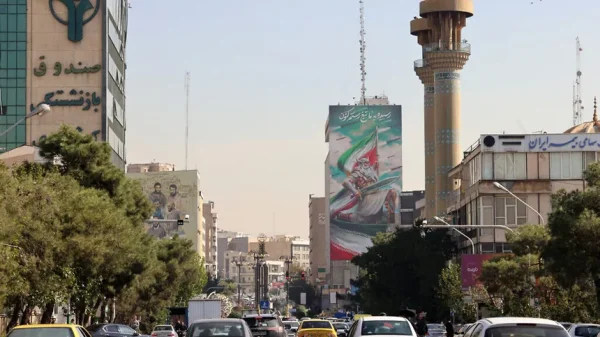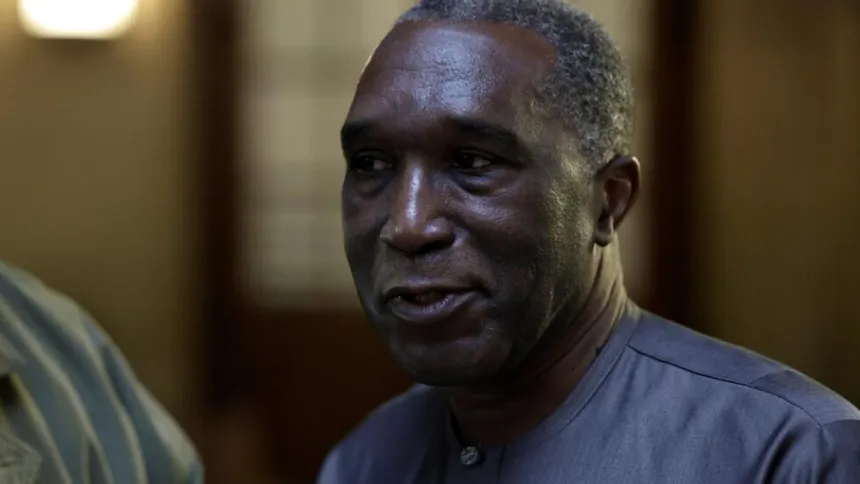A Paris court has sentenced a Rwandan former doctor, Eugene Rwamucyo, to 27 years in prison for his role in the 1994 genocide in his home country. Rwamucyo, 65, was found guilty of complicity in genocide, complicity in crimes against humanity, and conspiracy to prepare the ground for those crimes. However, he was acquitted of the charges of genocide and crimes against humanity.
Rwamucyo has denied any wrongdoing throughout the four-week trial. Three decades after the genocide, several witnesses traveled to Paris to testify against him, providing graphic descriptions of the killings that took place in the Butare region where Rwamucyo was at the time.
The victims of the genocide, which saw the slaughter of more than 800,000 minority Tutsis and moderate Hutus who tried to protect them, remembered with great sorrow the horrors they experienced. Angelique Uwamahoro, who was only 13 at the time, said she came to court to “seek justice for my people, who died for who they were”. She described how Rwamucyo, who had been her mother’s doctor, was present at a massacre in a convent where she and her family had taken refuge.
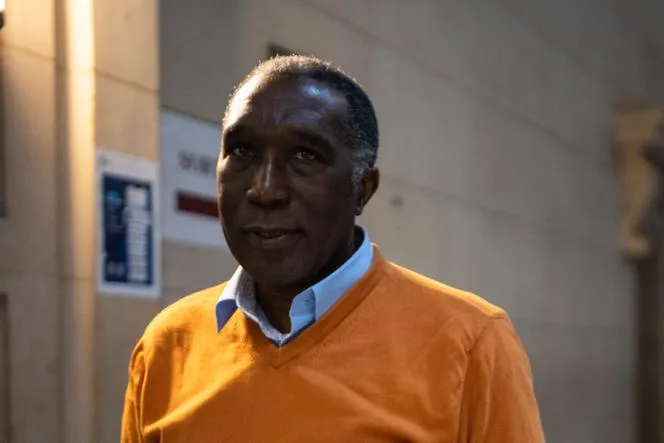
Rwandan former doctor, Eugene Rwamucyo (Image via Getty)
The witnesses, including Uwamahoro, provided harrowing accounts of the massacres, which included mass graves, people burying bodies, and wounded individuals being buried alive. Rwamucyo was accused of spreading anti-Tutsi propaganda and supervising mass burials, allegations he denied. According to the prosecution, Rwamucyo’s role in the mass burials was motivated solely by “hygiene-related” considerations.
Rwamucyo was arrested in Paris in 2010, where he was working as a doctor in a hospital in northern France. French police officers arrested him at the funeral of Jean Bosco Baravagwiza, a notorious genocide perpetrator who had been convicted by the International Criminal Tribunal for Rwanda in 2003. This is the seventh trial related to the 1994 genocide to take place in Paris in the past decade.
In December last year, another doctor, Sosthene Munyemana, was found guilty of genocide, crimes against humanity, and helping prepare a genocide and was sentenced to 24 years in prison. Rwamucyo’s sentence brings to a close a lengthy and emotional trial that has provided some sense of justice for the tens of thousands of people who were killed during the genocide.








